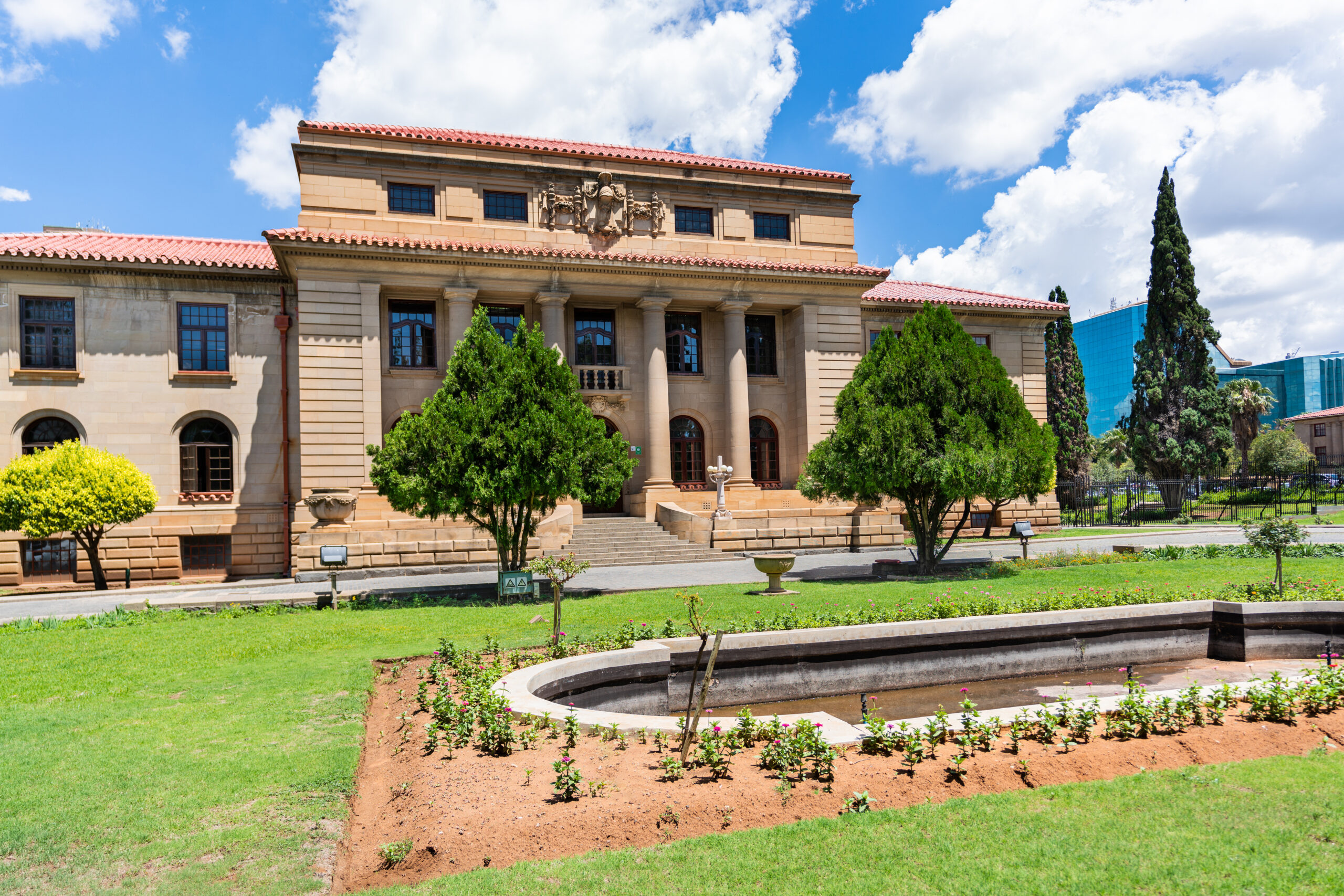The 2024 amendments to section 17(2)(f) of the Superior Courts Act 10 of 2013 have prompted an important question: can litigants still rely on this provision to seek reconsideration of a refused petition for leave to appeal?
Understanding the Original Framework
Under the previous wording of section 17(2)(f), a litigant whose petition to the Supreme Court of Appeal (“SCA”) was dismissed could approach the President of the SCA for reconsideration. The application had to demonstrate “exceptional circumstances” justifying referral back to court for possible variation of the order.
These applications followed the standard motion procedure and were supported by a founding affidavit (and any answering affidavits) strictly limited to 10 pages. This page limit was intended to ensure that applicants focused exclusively on setting out the exceptional circumstances without rehashing the entire petition.
The Amended Provision
Following the amendment, the section now provides that:
“…the President of the Supreme Court of Appeal may, in circumstances where a grave failure of justice would otherwise result or the administration of justice may be brought into disrepute, whether of his or her own accord or on application filed within one month of the decision, refer the decision to the court for reconsideration and, if necessary, variation.”
The insertion of the “grave failure of justice” and “administration of justice… brought into disrepute” thresholds represents a material narrowing of scope. Litigants can no longer rely solely on showing exceptional circumstances. They must also establish that one of these two higher thresholds is met.
Practical Effect for Litigants
In practice, this means:
- The 10-page limit on the founding affidavit still applies.
- Applicants must plead not only exceptional circumstances but also facts showing a grave failure of justice or harm to the administration of justice.
- The one-month time limit from the date of the decision is strictly applied.
This change is likely to reduce the number of reconsideration applications, as the SCA has begun applying the stricter criteria more rigorously.
Relationship to Constitutional Court Petitions
Importantly, section 17(2)(f) does not prevent a litigant from approaching the Constitutional Court, nor is it a prerequisite for doing so. If a petition to the SCA raises constitutional issues and is dismissed on the merits, an application can be made directly to the Constitutional Court.
Conclusion
Section 17(2)(f) remains a possible remedy, but it has become a far more restricted safety net. Successful applications will now need to be tightly focused, concise, and supported by compelling evidence of either a grave miscarriage of justice or potential disrepute to the judicial process.
Section 17(2)(f) Amendments Comparison
| Aspect | Pre-Amendment | Post-Amendment (2024) |
| Eligibility Trigger | Dismissal of petition for leave to appeal by SCA. | Dismissal of petition for leave to appeal by SCA. |
| Grounds for Reconsideration | Exceptional circumstances had to be shown. | Must show exceptional circumstances AND either (1) a grave failure of justice would result, OR (2) the administration of justice may be brought into disrepute. |
| Filing Deadline | Within 1 month of dismissal (as per court practice). | Strictly within 1 month of dismissal. |
| Affidavit Page Limit | Founding affidavit (and answering affidavits) limited to 10 pages. | 10-page limit remains in place for affidavits. |
| Decision Maker | President of the SCA. | President of the SCA. |
| Practical Effect | Provided a broader opportunity for litigants to have matters reconsidered if exceptional circumstances existed. | Significantly narrowed scope; fewer applications likely to succeed due to higher threshold. |






